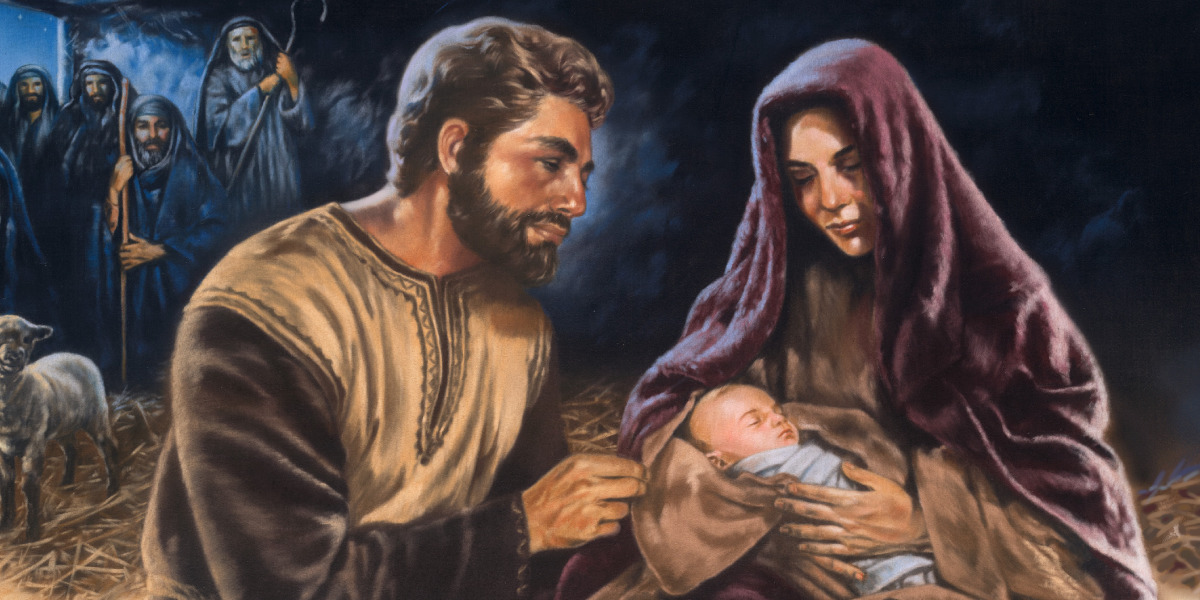Dec 27, 2017
ROME - After U.S. President Donald Trump made a point of wishing Americans “Merry Christmas,” saying he was irked by “politically correct” efforts to scrub references to Christmas from the holiday, Pope Francis on Wednesday warned the real danger is taking Christ out of Christmas, driven by a “false respect” for non-Christians that amounts to a desire to “marginalize” faith.
“In our times, especially in Europe, we’re seeing a ‘distortion’ of Christmas,” the pope said in his final General Audience of 2017.
“In the name of a false respect for non-Christians, which often hides a desire to marginalize the faith, every reference to the birth of Christ is being eliminated from the holiday,” Francis said. “But in reality, this event is the one true Christmas!”
“Without Jesus, there is no Christmas,” the pope said, drawing strong applause from a crowd gathered Wednesday morning in the Vatican’s Paul VI Audience Hall.
“If he’s at the center, then everything around him, that is, the lights, the songs, the various local traditions, including the characteristic foods, all comes together to create the atmosphere of a real festival,” he said.
“But if we take [Christ] away, the lights go off and everything becomes fake, mere appearances,” the pope said.
Francis argued that without the memory of the birth of Christ at its heart, the Christmas story loses its sting.
“God made man like us, reveals himself in a surprising way: Born from a poor unknown girl, who gives birth to him in a manger, with only her husband’s help. The world is unaware, but in heaven the angels exult!”
“That’s how the Son of God presents himself to us today,” Francis said.
“He’s the gift of God for a humanity that’s immersed in the night and the torpor of sleep,” he said. “Often humanity prefers the dark, because it knows that the light would reveal all its actions and thoughts that make us blush or pick at our conscience.”
The pope insisted there’s another element of the Christmas message that shouldn’t be lost - the way it upsets the ordinary sense of worldly values and priorities.
“God involves those who, confined to the margins of society, are the first to receive his gift, which is the salvation brought by Jesus,” Francis said. “With the small ones, the disrespected, Jesus establishes a friendship that continues across time, and nourishes hope for a better future.”
With these persons, Francis said, “In every age, God wants to build a
new world, a world in which no one is thrown away, no one is mistreated
and indigent.”
Traditionally, the Vatican’s holiday season is said to wrap up on Jan. 6 with the feast of the Epiphany, when Francis will once again lead a Mass in the morning followed by an Angelus. Informally, however, it’s usually considered to extend through the pope’s annual speech to the diplomatic corps accredited to the Vatican, in which the pontiff lays out his foreign policy priorities for the year to come.
This year, that speech to diplomats will be held on Monday, Jan. 8.
....
Taken from: https://cruxnow.com/vatican/2017/12/27/pope-slams-false-respect-non-christians-driving-jesus-christmas/


